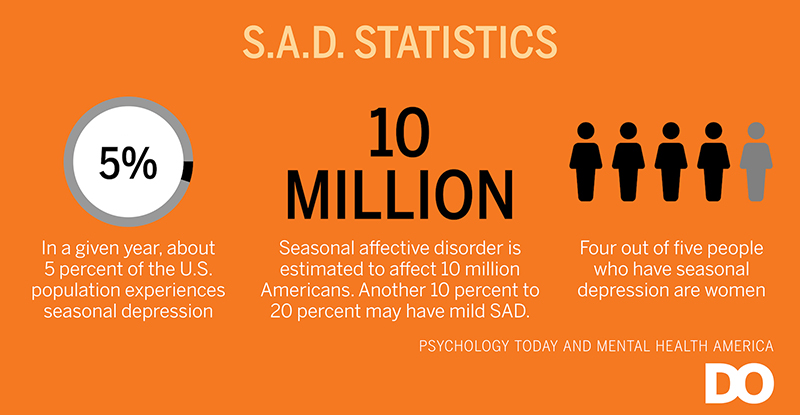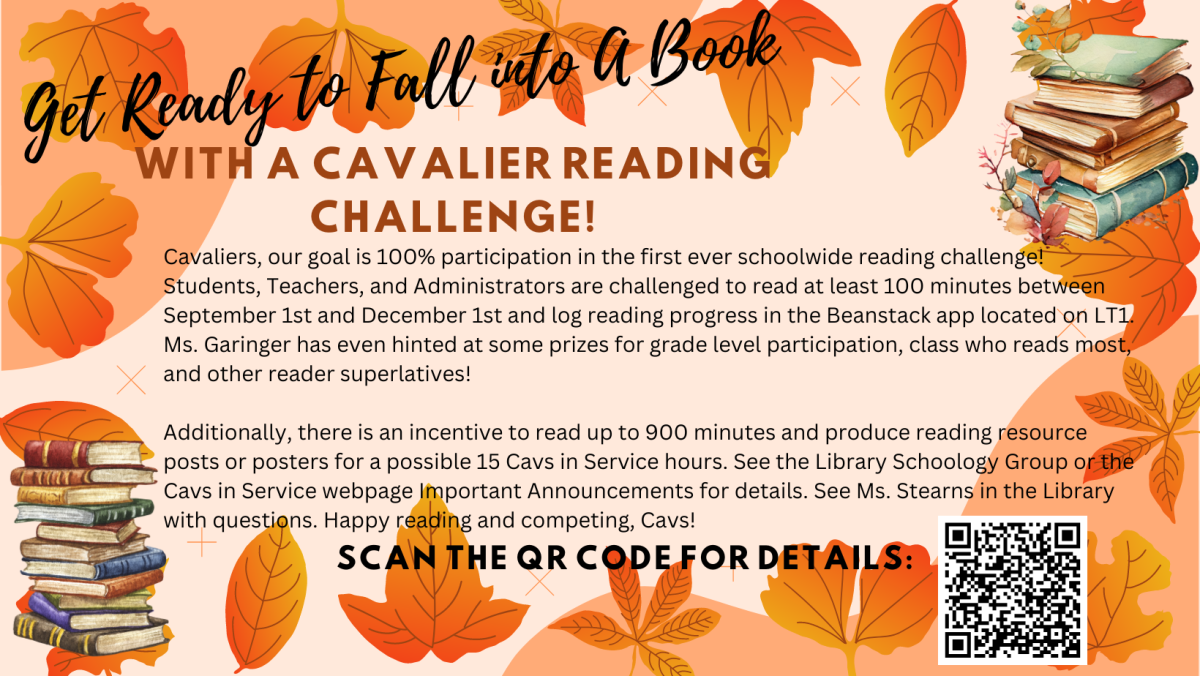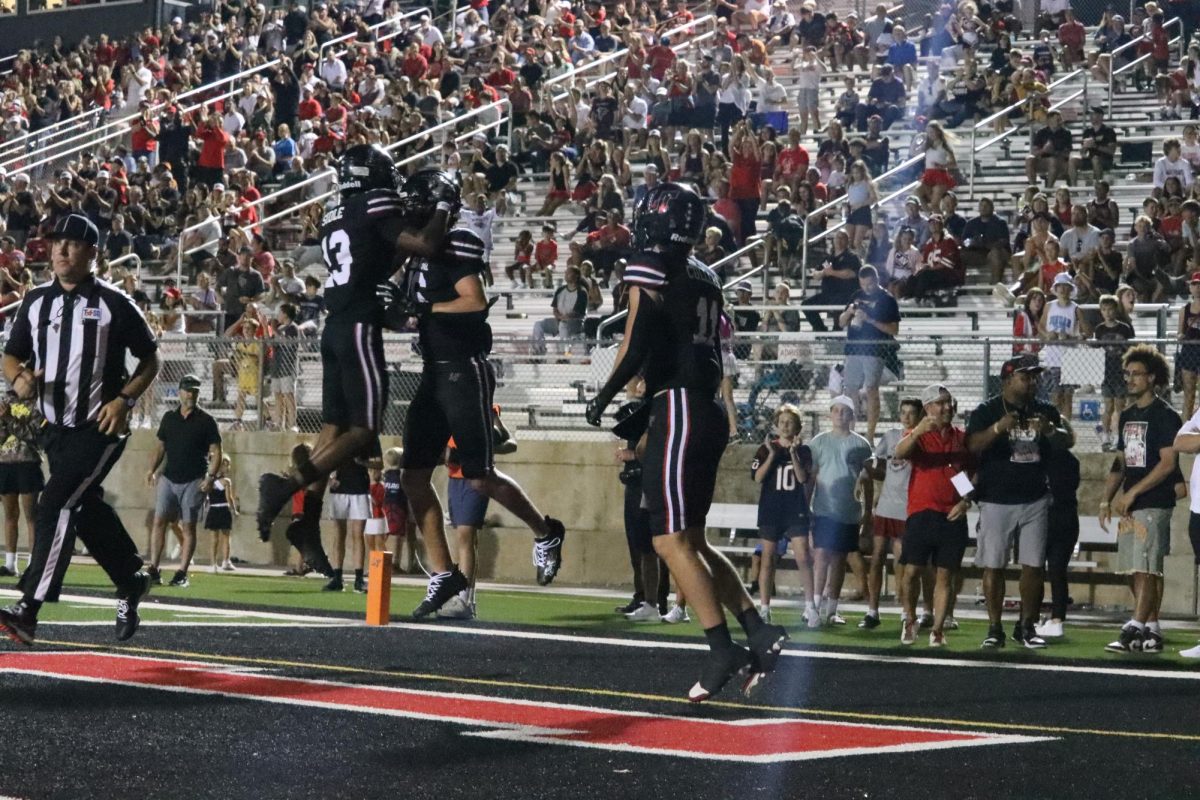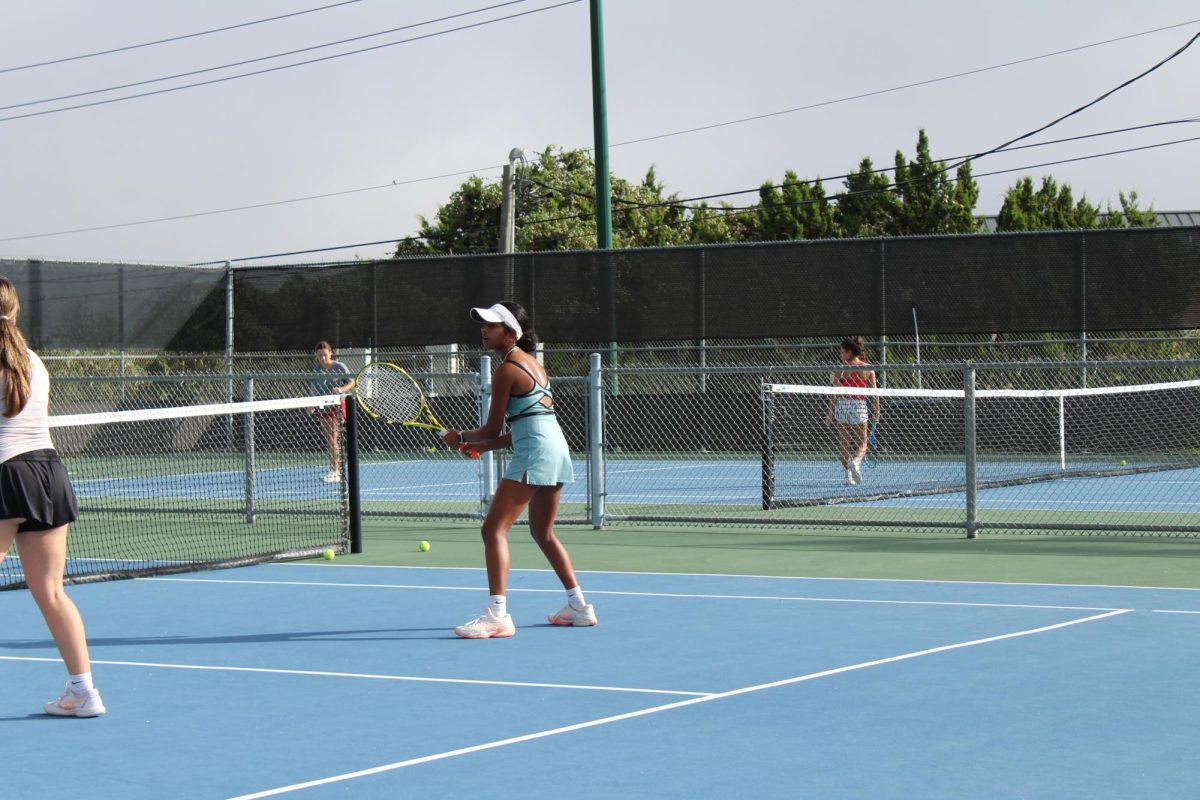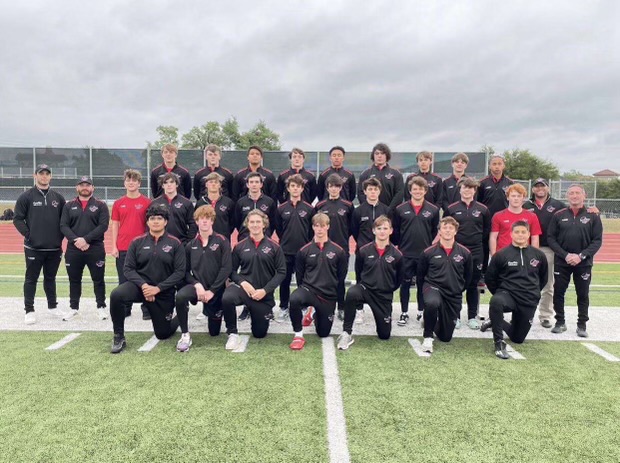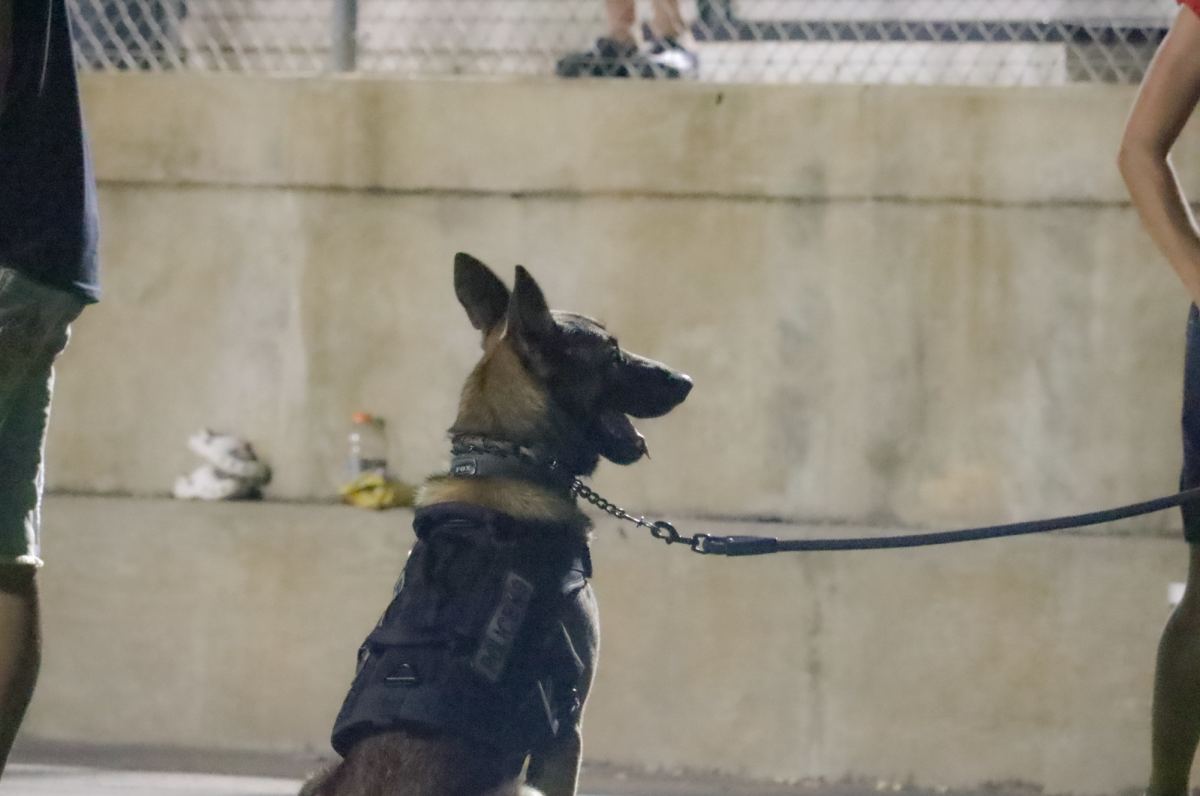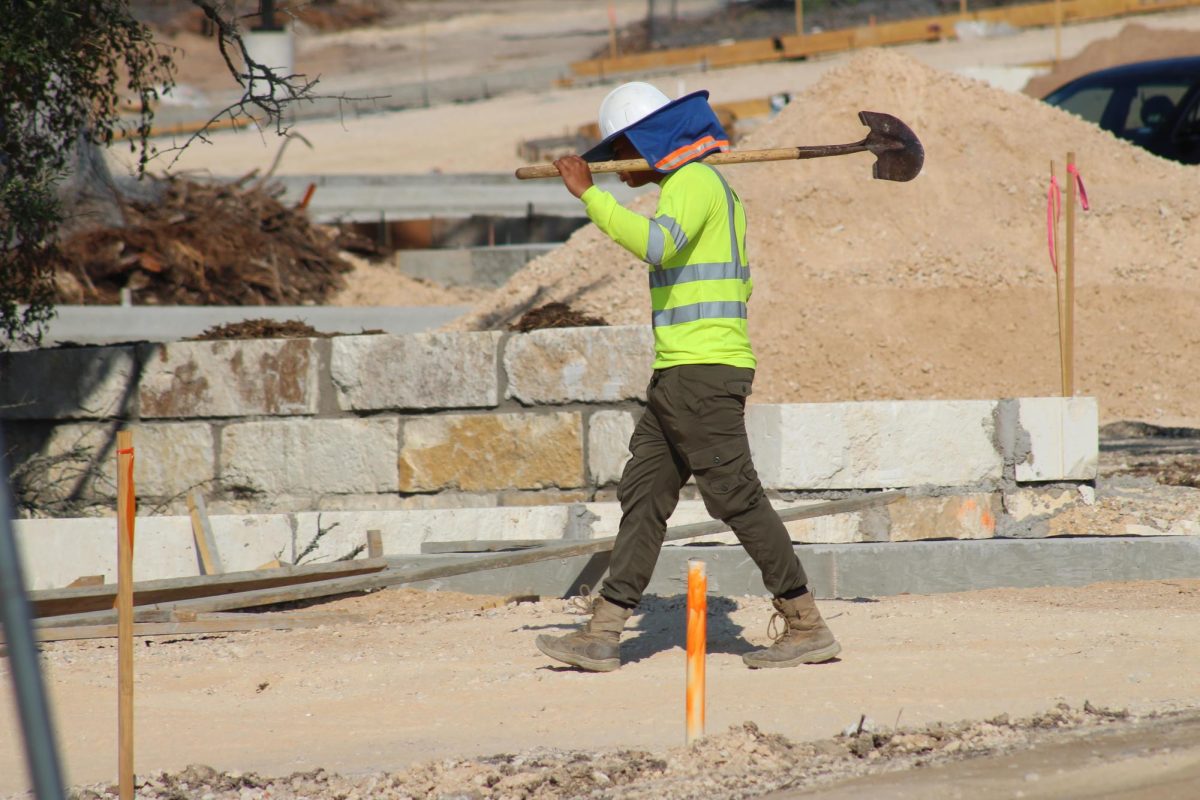The Impact on Students
“By the spring of 2022, according to our calculations, the average student was half a year behind in math and a third of a year behind in reading.” This staggering statistic, from a recent NY Times article, sheds much-needed light on the situation students, parents, and educators face as they work to overcome obstacles surrounding quarantine and Covid-19.
There are indications showing that COVID-19 created a negative impact on students’ mindset to attend school. The decrease in attendance affected other aspects of school, such as academic achievements and results of required tests. Most students allegedly have little to no motivation to learn or attend school. The pandemic encouraged the students to become accustomed to staying home, which made it hard for them to get back up on their feet.
“I wasn’t feeling as engaged with learning as I did, like before COVID,” says Guadalupe B., a student at Lake Travis High School, “so I kinda just started disliking school.” She wasn’t alone.
Seeing as the pandemic hit many growing minds and stumped the continuation of important aspects of life, it is a struggle to get back on track. To achieve and get back what was lost, people need to put more effort into obtaining the information given at school, which will be useful for future academics or careers. The need for students to catch up academically may appear to be a lot of pressure, but since the future is in their hands; it may be necessary.
Many sources say that students are doing a good job at learning the material they need to know and breaking the pattern they got used to in such a short amount of time. “I think that people usually get into a habit of doing things a certain way.” says Mr.Leavy, a Social Studies teacher at Lake Travis High School, “If there are no further crises, then I think people will get used to going back to school and things will get back, more or less, to normal.”
What Can Students Do?
To increase the likelihood of catching up, students may need to put more effort into their academic studies. Whether it’s taking extra programs or attempting tutoring, students play a large role in the end results of the impact. EducationWeek, did a survey in which the responses said “specific academic interventions made a major difference in helping students master material they otherwise would have learned during the pandemic. They cited tutoring, more or different social-emotional learning, and smaller class sizes as important investments.”
How Can Parents and Educators Help?
To give a helping hand to staff and students, parents should involve themselves in the process of catching their child up academically. There are many methods and advice that organizations have provided in terms of helping your child succeed. One simple solution is for parents to be engaged and take an interest in what your child is learning. By showing interest in their child’s schoolwork and helping them learn the information, parents may speed up the process of getting your child on track.
The encouragement from teachers and school officials may also help students get back on track and reach their goals. Although more than 616 million students have been affected according to UNICEF News, teachers and staff have high hopes that each individual will catch up.
All things considered, it may be a difficult task to achieve the academic success needed, but with determination and dedication, the impacted generations shall prevail. To achieve the academic improvement needed, it’s time for all of us to join together and make our future as bright as possible.
Are YOU ready?




